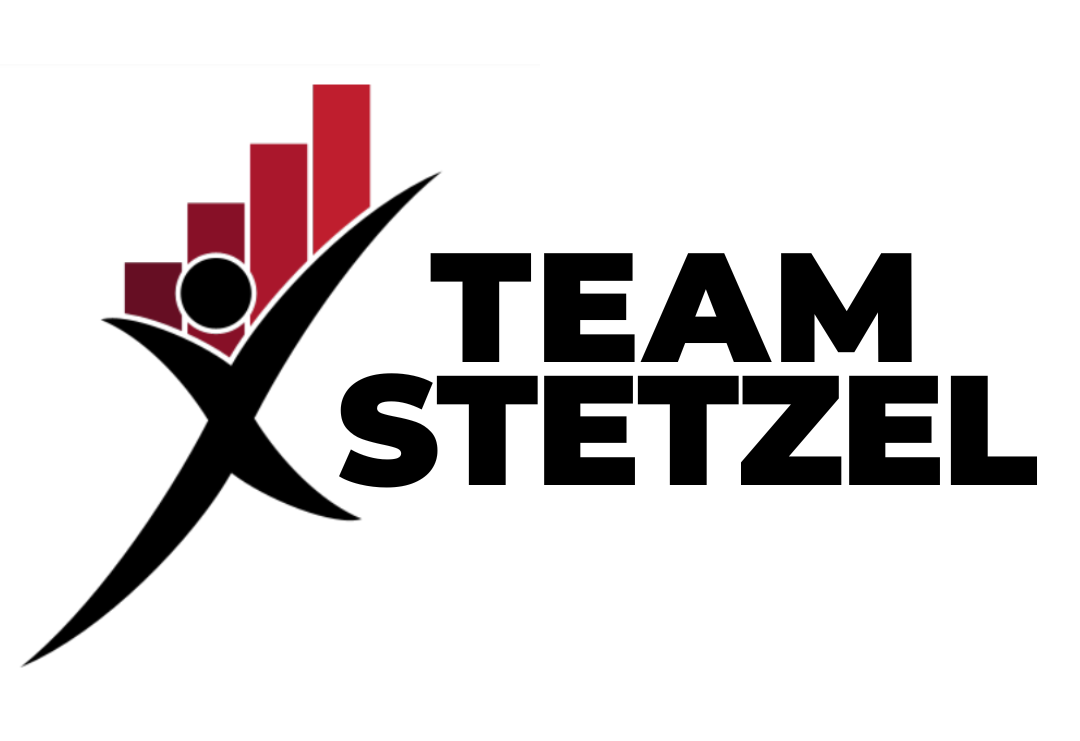Back in 1990, New Yorker John Ziegler had a dog walker taking care of his yellow Labrador puppy, Merembe, while he was at work during the day. One day, he decided to follow the walker to see the type of experience his puppy was being provided. And to his dismay, the walker never actually took Merembe to Central Park to play with the other dogs, rather leaving her confined to Ziegler’s small Upper East Side apartment. From that experience, Ziegler founded Biscuits & Bath, a service-oriented store dedicated to bringing a life of luxury and the outdoors to the dogs of New York City.
The Pet Care industry explodes
Now with multiple locations across Manhattan, the services offered include off-leash day care, cage-free 24-hour supervised care, grooming, dog walking, transportation, training, veterinary care and adoption. “Originally I was just looking for an obedience school, because raising a puppy in Manhattan is a huge responsibility,” says Christine Salomone, a Biscuits & Bath customer. “I have my puppy there all month, and honestly, the anxiety goes away and you’re able to ease into the changing lifestyle of ownership, all while your dog is taken amazing care of. “On the retail end, more and more companies traditionally known for human products are going to the dogs, and cats, and reptiles, according to the APPA. Big name companies including Paul Mitchell, Omaha Steaks, Origins, Harley Davidson and Old Navy are offering lines of pet products ranging from dog shampoo, pet attire, and name-brand toys to gourmet treats and food.
All of us are familiar with PETCO, the Home Depot of pet stores with over 1,000 locations nationwide and with $3.8 million in assets as of May 1, 2010. But opening a smaller pet store can be profitable in its own right. “Consumers are absolutely ravenous for businesses around pet health and nutrition,” says Lechtner. “So as an entrepreneur, focusing on better quality, higher-nutrition foods is a great approach to success right now. Pet owners can certainly grasp the benefits of a higher-nutrition food, particularly since many of them offer a similar cost per feeding and duration of the bag comparatively to the less expensive alternatives. “According to statistics from the U.S. Census Bureau, there were 15,890 pet and supply establishments in 2001 (the latest year for which data is available). But with the explosion of Internet businesses, particularly in this space, it is likely that number has at least doubled (a number likely to be verified by the 2010 Census results next year).
Pet owners are a very intelligent audience, and as consumers, they are still making very clear decisions not to go to grocery or mass distribution stores (like a PETCO or PetSmart), instead preferring to use specialty pet shops for each individual need. It’s important to not try to service part of this industry, but to keep your focus on an individual specialty product, service or breed.
Types of Pet Care
Pet-Sitting/Dog-walking
While statistics show that only 3% of American homes use a dog-walker, that translates to nearly 50 or 60 million pets. This can be a great business if you’re in the right city or neighborhood and you market yourself properly. Obviously it’s easier to pull off in larger metropolitan areas like New York and San Francisco because of the close proximity of apartments and the busy nature of the city’s inhabitants. They also tend to be high-income areas, so you can charge a bit more.
The more services that you offer in addition to just the walking (cleaning, feeding, bringing in mail and newspapers, etc.) the more desirable your business becomes. And the best part of a dog-walking/pet-sitting business is that it most often exists in the homes of your clients. So you won’t need a standard brick-and-mortar shop to operate from (though you can if you choose). Rather, you can operate based on word-of-mouth recommendations and by building a descriptive, sharp website that shows your various services, satisfied customers, and more. In this industry, it’s all about marketing, and there is no better way to market than through your existing customers.
Dog Training
So you might not be the famous Dog Whisperer seen on TV but there is a great market for dog trainers. The Association of Pet Dog Trainers lists approximately 5,000 members, so this isn’t an overcrowded field. Certain states may actually require you to get licensed in this field, but many do not. Something to consider here is that while you’re training the dogs, you’re also training the dog owners. For many owners, they’ll need you to be as abrasive and enforce proper conduct for both themselves and their animals.
In terms of start-up cost, your cost is again cut down substantially if you decide simply to market your company online. But learning to be more than just an animal-lover is the true capital investment here. AnimalBehaviorCollege.com is a popular nationwide service that provides training ranging anywhere from $2900-$3600, and BarkBusters.com, is a good example of a training company marketing itself right (not just domestically, but internationally).
Pet Food/Treats
Pet owners spend more money on their animals’ food than any other expenditure, totaling an estimated $18.28 billion in 2010. One of the biggest trends in this space presently is in green-friendly, organically produced foods and nutritional products over traditional low-cost foods. So opening a pet store that focuses on organic or all-natural foods, or even a specialty bakery that focuses on only dog treats, can be successful. Depending on whether you decide to produce your own products or work with existing labels, it is quite easy. The American Pet Products Association can be a great resource for different distributors, and as an entrepreneur, nearly any private label who has an informed nutritionist on staff will sit down to go over and customize product options for your store.
“All of the research and statistics show that the informed consumers are still looking for specialty food shops,” says Lechtner. “So no matter what type of food you want to focus on, keep that focus and become a specialist. The smart pet owners will appreciate it and become repeat customers, which is really the key to profitability.”
In terms of cost, it varies by location and the size of the store, but based on a 5,000-8,000 sq. ft. shop, John Dunn, the owner of Passionate Pet, a recently opened Orange County, CA-based boutique pet product and services store, breaks down the costs as:
- Fixtures & Equipment: $50-$100,000 based on how elaborate you get with setup
- Inventory: $100,000-$200,000 based on negotiation with vendors
- Payroll/Administrative Costs: $100,000 for first six months
- Tenant improvement costs: can be negotiated with lease but plan $50-$100,000 for this size footprint.
Upscale Pet Products
We’ve all seen Paris Hilton’s indulgence on her dogs, and some industry analysts suggest that the celebrity dog culture has made premium pet products a booming industry. From deluxe travel cases to custom beds, fancy strollers to jeweled collars, nearly every product has been created for our furry friends. And perhaps unsurprisingly to many animal lovers, this industry did well even in the down economy. As folks were cutting their spending, they still took care of their pets with luxury products (perhaps in an effort to keep up with friends or fellow owners). A luxury pet product business may do best in a resort destination or somewhere where discretionary income is high. Whether you decide to manufacture your own pet products or buy from existing manufacturers, your overhead is relatively low.
Grooming/Photography
 Again in the upscale category, pet grooming and professional photography is a booming industry in 2010. You need to be able to bathe, clip, and clean, but you also will be counted on to detect skin abnormalities or medical issues that a veterinarian should inspect further. Petgroomer.com, the industry’s largest internet resource, reports that career opportunities are nearly endless in this field because there are more than 4,000 dogs and cats for every U.S. grooming business. Dunn breaks down the expected costs for a grooming salon below, but it is based on size of the operation and whether it is a mobile or fixed location:
Again in the upscale category, pet grooming and professional photography is a booming industry in 2010. You need to be able to bathe, clip, and clean, but you also will be counted on to detect skin abnormalities or medical issues that a veterinarian should inspect further. Petgroomer.com, the industry’s largest internet resource, reports that career opportunities are nearly endless in this field because there are more than 4,000 dogs and cats for every U.S. grooming business. Dunn breaks down the expected costs for a grooming salon below, but it is based on size of the operation and whether it is a mobile or fixed location:
- Fixtures & equipment: $1,000 per station/tub (average 3-10 per store based on size)
- Mobile grooming vans: $5-$15,000 based on used or new, and fuel, insurance and maintenance approximately $500-$1000/month
- Marketing: the largest variable expense that you cannot afford to be cheap on. Plan $5,000-$10,000/month
- Hiring licensed professional groomers key for credibility
How to Start a Pet Care Business: Keep Your Focus
While it is tempting to want to touch every part of this industry to cover all of the above services, it’s important that you remain focused as a new business owner. Don’t try to sell unique foods, offer grooming services, sell travel cases and dog sweaters, or more. Less is more here, as when you can establish that you do one thing well, you’ll retain a loyal customer base that continues to come back.
“The more that you stay focused on what you’re doing, become an expert at it and refine the concept to satisfy a majority of your customers, the better chance you have to maximize profitability on your investment,” says Lechtner. “The more you try to scrape off the fringe businesses and get a little more of the pie (as is natural with success), the more you’ll be diluting your core competencies. If you look at the expenses and the effort of expanding from a specialty shop with a core focus to a more broad approach, you’re diluting your investment of time, money, inventory, marketing and more. And customers can see that. That’s when they get unhappy, and you start to lose business.”
Read the full article from INC Magazine here
Now, we can’t help you decide which pet care niche you should select, or any industry niche for that matter, but we can help you determine some goals, create a business plan, find out your passion and go from there. A business coach is a valuable tool. You don’t want to start a new business without any research so be sure to plan it out. Contact Team Stetzel at (281) 217-4951 with any questions or book your free consultation today.



